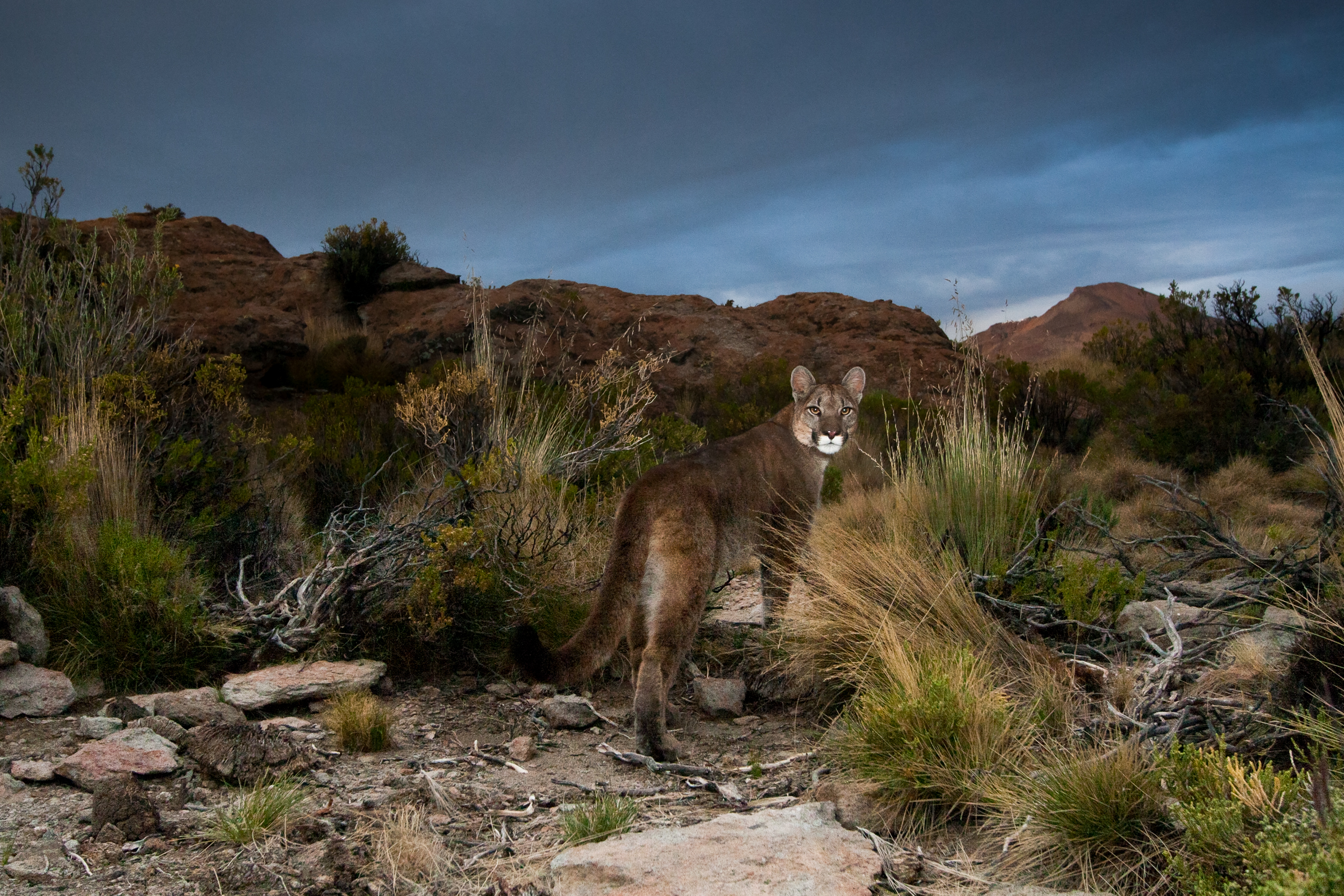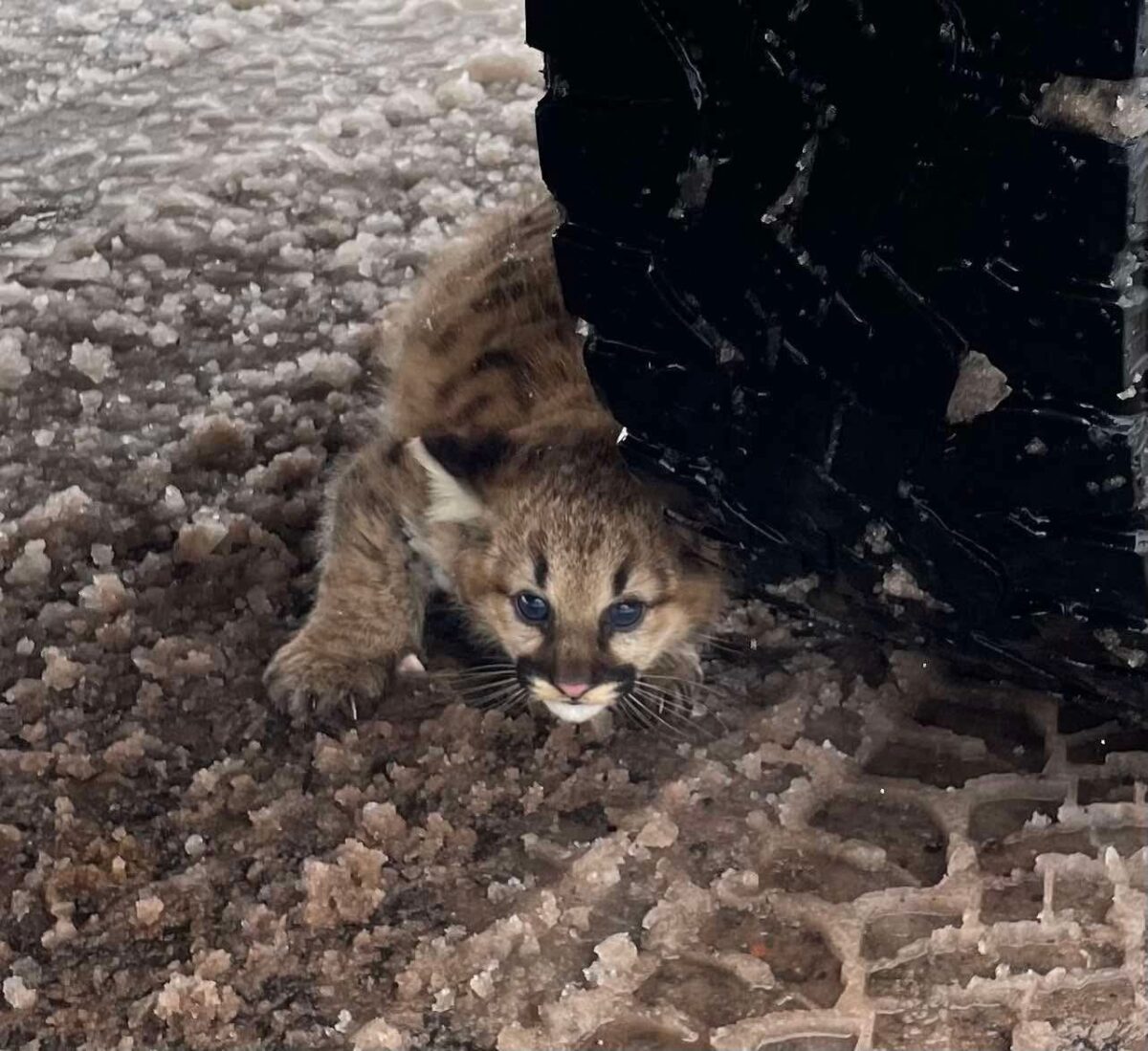Today, the Mountain Lion Foundation and Western Wildlife Conservancy have challenged a Utah law that allows for unlimited, year-round mountain lion hunting and trapping within the state.
In May 2023, the Utah legislature’s House Bill 469 was signed into law by Governor Cox — a bill that, along with allowing for unlimited, year-round hunting of mountain lions, legalized the unlimited, year-round
trapping of mountain lions as well. The law also severely reduces state officials’ ability to prevent these ecologically critical animals from being hunted to extinction in Utah.
We are arguing that this harmful legislation is unconstitutional in Utah. See formal complaint.
“Many Utahns were rightly appalled by this move and believe mountain lions should be awarded more protection, not less,” said Kirk Robinson, executive director of Utah-based Western Wildlife Conservancy, “Our lawsuit is a step toward that.”
“With this hastily written and ill-conceived law in place, it opens up the door for every mountain lion in Utah to be killed,” asserted R. Brent Lyles, executive director of the Mountain Lion Foundation, adding, “Given how critical these cats are to Utah’s food webs and wild lands, the law puts Utah’s natural beauty, wildlife and resources at risk. Understandably, our Utah members and supporters were shocked — someone had to stand up for Utah and its mountain lions.”
As a keystone species, mountain lions (also known as cougars, panthers or pumas) play a critical role in ecosystems, including those in Utah. Mountain lions have more ecological interactions with other species than any other carnivore studied. Their removal will not only harm their prey populations, but also negatively impact insects, birds, plants, and even fish. As noted recently in the Salt Lake Tribune, more than 70% of all Utahns support greater protection for public lands, and cougars are essential to the health and resiliency of those lands, especially in the face of impacts from the climate crisis.
Overhunting of cougars, like that allowed by HB 469, has also been shown by numerous research studies to increase the likelihood of conflict with humans. Since hunters favor larger trophy lions, hunting results in populations with larger percentages of young lions — the most frequent sources of livestock depredations and other conflicts.
The advocates’ legal argument is based on the Utah Constitution’s “right to hunt and fish” provision under Article I, Section 30. Attorney Jessica L. Blome, with Greenfire Law, explained further, “This provision has never been the subject of litigation before, but the plain language is clear: preservation, regulation and conservation are intrinsically intertwined with the right to hunt. Thus, it would be antithetical to both the spirit and letter of the Utah Constitution for the legislature to mandate that mountain lions be whittled down to the point where the species could no longer be preserved ‘for the public good.’”
When lawmakers inserted the cougar-hunting language into HB 469, it happened at the last minute, with little public notice and no clear justification. There was some discussion of cougar populations supposedly growing in number, but those statements ran contrary to research by field biologists.
Utah’s move also stands in contrast to most other Western states, where wildlife managers have ended year-round hunting and outlawed trapping of mountain lions because the practices are cruel and disruptive to the species. Seasons are set to avoid the time when cubs are most dependent on their mothers — by removing those safe windows, Utah’s law will inevitably orphan far more cubs throughout Utah, and the survival rate of orphaned cubs can be as low as 4%. Lacking any other existing regulations regarding mountain lion trapping, cougars in Utah could be left in traps for days, slowly starving, and suffering severe injuries as they attempt to escape. There is also a risk that free-ranging livestock and people’s pets
could be caught in the traps as well.
Photo: Sean Hoover
To support our efforts on behalf of Utah’s mountain lions with a financial contribution, visit this campaign page. If you would like to volunteer to help with this effort, please tell us more about your interests and availability.



 Facebook
Facebook Twitter
Twitter Send Email
Send Email


